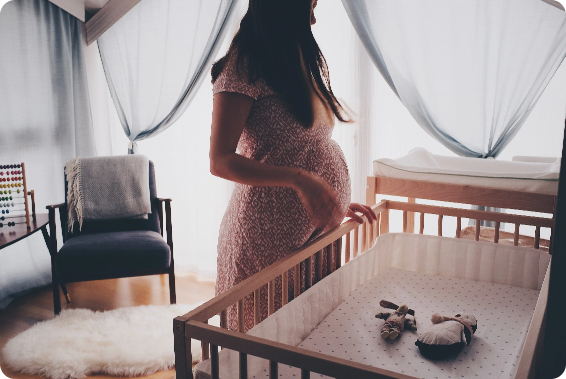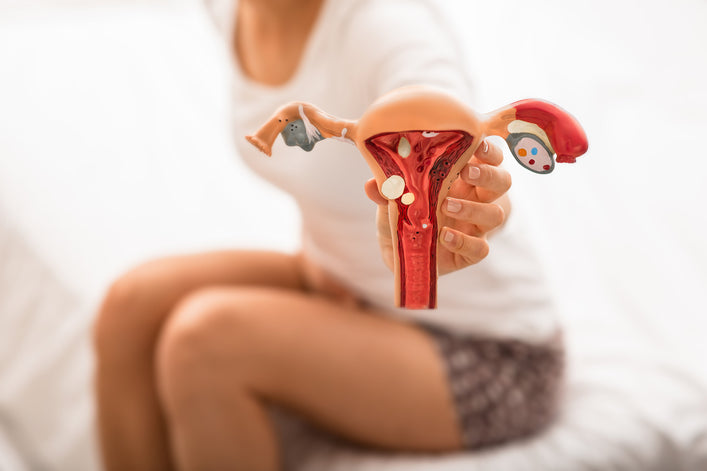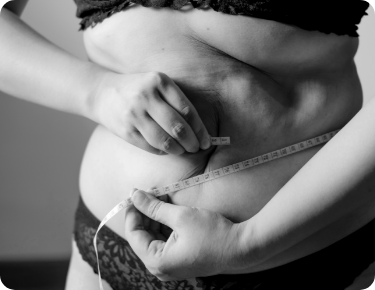Research has connected the multitudes of microbes present in the human gut to a variety of metabolic processes, immune response, nutritional uptake, and health states including mental health. The latest research links certain gut microbial populations with fertility.
Japanese researchers have conducted a preliminary study in which they sought to compare the gut microbiota of infertile female patients with that of fertile women. A secondary goal of the study was to understand the effect of prebiotic fiber supplementation on a) gut dysbiosis and b) the outcome of pregnancy in women undergoing assisted reproductive therapy (ART).
Background:
The researchers based their study on the premise that the receptiveness of the endometrium (uterine lining) and hormonal adaptation, along with the immune system all have a role to play in conception and pregnancy outcomes.
Gut dysbiosis has also been investigated as a potential contributor to the development of polycystic ovary syndrome (PCOS). PCOS is an endocrine disease as well as a risk factor for infertility.
Furthermore, the recommended fiber intake (24g daily for adults) often falls short in the modern diet. Inadequate fiber intake can play a role in the development of several diseases.
It is established that gut microbiota influences the immune system. Moreover, dietary fiber intake can positively influence the gut microbes, thereby bringing about more favorable metabolic states as well as a more robust immune system.
Approach
The researchers used metagenomic sequencing to examine genetic diversity within the gut microbial communities among 18 fertile women and 18 female patients with infertility. For the study, fecal DNA samples were obtained from fertile women and compared with those from patients with infertility through gene sequencing from 16S rRNA. In addition, 12 of the patients who were attempting to conceive by ART consumed 10 grams of prebiotic partially hydrolyzed guar gum (PHGG) from a brand (Sunfiber) that has been demonstrated to nourish “good” bacteria from the genus Bifidobacterium in the gut. PHGG is a kind of prebiotic dietary water-soluble fiber. Its supplementation is thought to modulate the gut microbiota in healthy adults as well as in patients with diarrhea, constipation, and stress-related diseases.
Findings and their implications for infertility treatment:
Firstly, the fertile group was found to have higher amounts of Bifidobacterium within their gut microbiota. Secondly, seven of the twelve women (i.e. 58.3%) undergoing fertility treatment while on PHGG supplementation were able to conceive. As the conception rate was slightly more compared to the known rate for ART, the researchers tentatively concluded that PHGG supplementation improved gut dysbiosis and therefore chances of pregnancy. The study highlighted the differences in terms of abundance and composition of gut microbiota between fertile and infertile women and found that PHGG supplementation helped alleviate gut dysbiosis, and boost chances for pregnancy as a result.
As it is understood that this was a preliminary study with a very small sample size, further studies including a large number of participants are called for to investigate the underlying mechanisms of boosting fertility and confirm these findings. The discovery of differences in gut microbiota between fertile and infertile women is, however, important. Connecting gut microbiome composition with pregnancy outcomes may provide new approaches to tackling infertility in women.








